Craig Hanoch lives with his wife and children in Highland Park, where he enjoys woodworking, breadmaking, the occasional kumzitz, and long Shabbos meals with his family and friends. He is writing a book about nihilism and faith. An essay written by Hanoch recently won first place in Moment Magazine’s inaugural Elephant in the Room Contest. The topic this year was “Can there be Judaism without belief in God?”
If “[T]o be a Jew is to stand trembling in the embrace of the essential mystery of humanity” how is being a Jew different than being a member of other religions?
Speaking philosophically, the difference between Judaism and other faiths is in some cases a difference of form and in others of first principles and ontology. At this level, Judaism is exemplary (even if not entirely unique), in that rather than deny existential doubt, our faith integrates the problem of nihilism directly into religious practice. For example, as mentioned in the essay in Moment magazine from which the quote in the question is taken, Shabbos and kashrus integrate into practice and faith our radical doubts about the origin and meaning of time and the process of differentiation. These practices exemplify the core Jewish concept of kedushah (sanctity or holiness), which is a manifestation of the separation of God and being, a signpost of the absolute uniqueness of God.
Not surprisingly, the two monotheistic faiths that self-consciously based themselves on Judaism share these same characteristics, integrating into practice or dogma the question of God and being, while locating holiness in God’s radical separation from being. Christians situate this dynamic at the center of their faith: the mysterium of the Trinity is a reflection of this potentially nihilistic dilemma. Islam, too, places this inner struggle at the heart of faith and daily practice: Islamic aniconism, for example, honors the special place of humanity and all sentient life as instances of the Creator’s separation from being. While there are certainly important differences, Judaism, Christianity, and Islam are all grounded in a sacred process of transforming nihilism into faith.
However, if we look at ancient idolatrous religions, such as practiced in Egypt, Greece, and Canaan, the essential difference shifts to first principles and ontology, as paganism blurs the distinction between the gods, humankind, and the world of everyday things. The race of nephilim (giants) and anakim (lords) occupying the Promised Land during our time in the desert, and against whom we are commanded to wage holy war, are described in Genesis as the progeny of unions between gods and humans, much as the Greek and Egyptian heroes and kings descended from such mythological relations. The fulfillment of our covenant with God requires the repudiation of the idolatrous, mythological world of demigods and heroes.
However much we may appreciate Homer and other ancient poets, paganism grounds faith and the sacred in a mythology that badly misrepresents the relationship of God, being, and nothingness. Judaism, Christianity, and Islam strive to extricate their adherents from such metaphysical confusion, attempting instead to integrate our struggle with nihilism into practice in ways that affirm God’s uniqueness, the true basis of sanctity.
Can there really be Judaism (i.e., long-term Judaism) without belief in God?
Well, this is pretty much Moment’s question, notwithstanding the parenthesis, which I suppose I did not answer there to your satisfaction. Not to quibble, but I think any direct response would depend on defining narrowly what we mean by Judaism and what we mean by belief and maybe even what we mean by long-term. If by Judaism we mean the religious observance of the so-called black hat community, then no, such Judaism probably can’t survive long without belief in God, even if some continue to observe halakhah, Jewish law (literally, the way), simply because it’s a good lifestyle. If we mean the Judaism disrespectfully derided by some as bagel-and-lox Judaism, for which your question seems to assume a complete lack of faith in God (an assumption I reject), then I suppose that these secular Jews will survive until the last few abandon Jewish practice and identity entirely, which would probably take centuries – or at least until the bagels run out.
I suspect, though, that there is a lot more movement between these much-caricatured extremes than we realize. Countless Jews raised in non-traditional homes have wandered over to halakhic Judaism, enriching it immensely. So, too, the Orthodox community seems to provide the larger Jewish world with a steady stream of souls who have abandoned halakhic practice generally but who still celebrate Pesach and light Hanukkah candles. We should bear in mind that this debate raged even in the time of the Sages, which is a sign that Judaism will survive this question. Our faith and people are wiser than the narrow confines of our contemporary approach to such issues.
Needless to say, though, we cannot dismiss entirely the practical consequences of this question by taking refuge in metaphysics or demographics – or even in my own attempt here to avoid the implications of your question. I cannot escape the fact that the halakhah imposes certain burdens and limits on us, at times painfully dividing – or at least separating – us. So, too, I trust that non-traditional and entirely secular Jews recognize that many of the positions they have taken on heartfelt, carefully-considered humanistic grounds have also caused deep and often hurtful divisions in the Jewish world. In these things, I have abiding faith in Judaism’s underlying structure, which speaks to the essential despair and joy within us all and has time and again survived these conflicts despite our insistence on casting them as existential threats. And fortunately, almost everyone enjoys the occasional bagel.
If there`s no belief, should there be practice? What kind of practice?
For sure, I can’t speak to what others should practice. I recall a remark from a friend many years ago when I was learning to observe halakhah that the tradition understands us better than we do ourselves. I have been observant for over 25 years now, but only in the last five or six have I found a satisfying answer to the basic question of my own faith. What does that say of my earlier practice, that it was a waste or empty? But without it, I never would have had the foundation to understand the place of faith in my life today. So, too, without the prior decades living a secular life, I would not have come to recognize in Judaism’s transcendence of nihilism the life-sustaining force of the halakhah I live with today. I suspect I am hardly unusual in this regard.
Pirkei Avos (Chapters of the Fathers) teaches that one mitzvah leads to another. I believe firmly that for each of us, there is a mitzvah that holds the key to our faith. I suppose that I do believe that everyone should practice something – or at least that everyone indeed is practicing something that evinces a deeply personal, transcendental struggle with the question of God and being.
Your “disbelief” still leaves a lot of doubt about God and worrying about God, which is not exactly liberation from God. Can liberated Jews, who don`t even think about God, still be part of the tribe?
Stephen Hawking, in his recent work The Grand Design, argues extensively that the origin of being and time may be found in the universe itself, that being came spontaneously from nothingness. While arguing against the need for a prime mover, his entire œuvre is testimony to the centrality of the question of God not only for science but for all human activity. The recent celebrations regarding the so-called God particle, the Higgs boson, is yet another example of the decisive role of the question of God in science and secular life. I have no doubt, however, that if the Higgs boson is found, science will refocus itself on the more fundamental question of the origin of the Higgs field, returning once again to the question of being and God.
We cannot escape the reach of modern science, which is entirely grounded in this question. From electronically-controlled blenders to chess-playing supercomputers and gamma-ray-gun brain surgery – every benefit we enjoy of modern science testifies to the fundamental problem of being and nothingness and God in our lives. Consciously or not, those you have deemed liberated Jews live in the shadow of the question of God and being every bit as much as I do singing zemiros on Shabbos or laying t’fillin or helping the poor.
So, yes, to think along with you to your question’s logical conclusion, we are all part of the tribe. Whether we think about God consciously or not, from the physicists searching for the God particle to the Hasidim chanting niggunim Friday night to the Jew driving to the mall on Shabbos, we are all engaged in the same struggle with nihilism that stands at the foundation of our faith and humanity. We can liberate ourselves from certain halakhic practices or commit ourselves to others, but there is no escaping the all-too-human shackles of the question of God and being.
And speaking about the tribe: can there be Judaism without tribalism?
Judaism’s tribalism is a manifestation of the profoundly human struggle with our origins and the central questions of metaphysics, especially ontology. The tribal structure and roots of Judaism are part of a national and personal encounter with being that connects each of us to the origin of our ancestors, who established the foundation of our religious practice, to humankind in the pre-historical and pre-scientific paradise described in the story of the Garden of Eden, and ultimately to the raw material from which God fashioned the universe and separated being from nonbeing.
Every particle of every one of us and everything around us was there at the moment of the first dawn’s light, when God illuminated an infinite void – a rather humbling thought, at least for me. Tribalism is an essential part of a collective narrative that connects us to this first moment, to the singularity (to use the modern scientific term) when God created the universe, giving our lives an historical shape and identity that transcends the radical isolation we all feel in the face of a cold, indifferent universe. The tribe shares both the ecstasy and pain of our struggle with nihilism and faith and the question of God and being, and supports across time and place the form and practice of the halakhah, the way, as a resolution of our individual and collective encounter with a universe that is at once all-too-familiar and at the same time infinitely beyond our reach. Not for nothing does Pirkei Avos teach us not to separate ourselves from the community.




















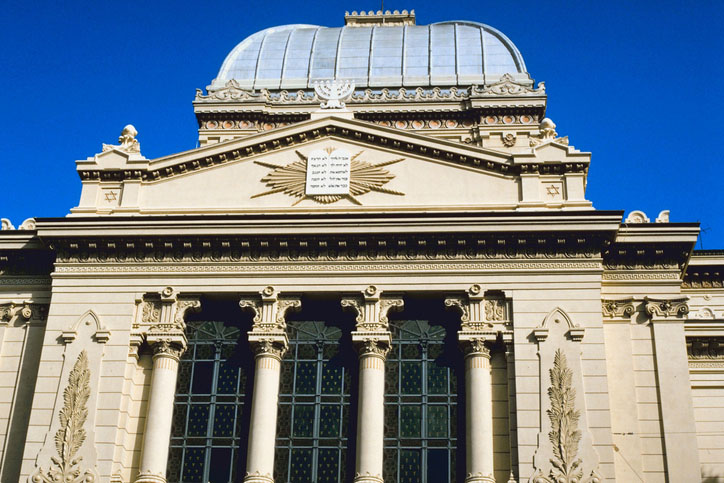

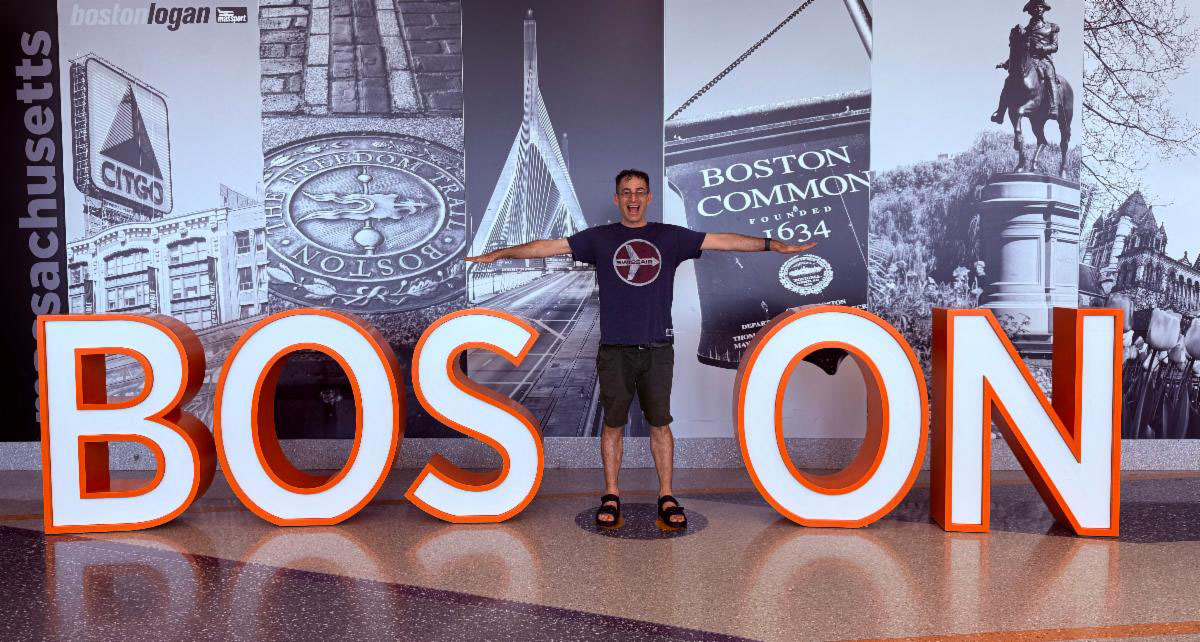
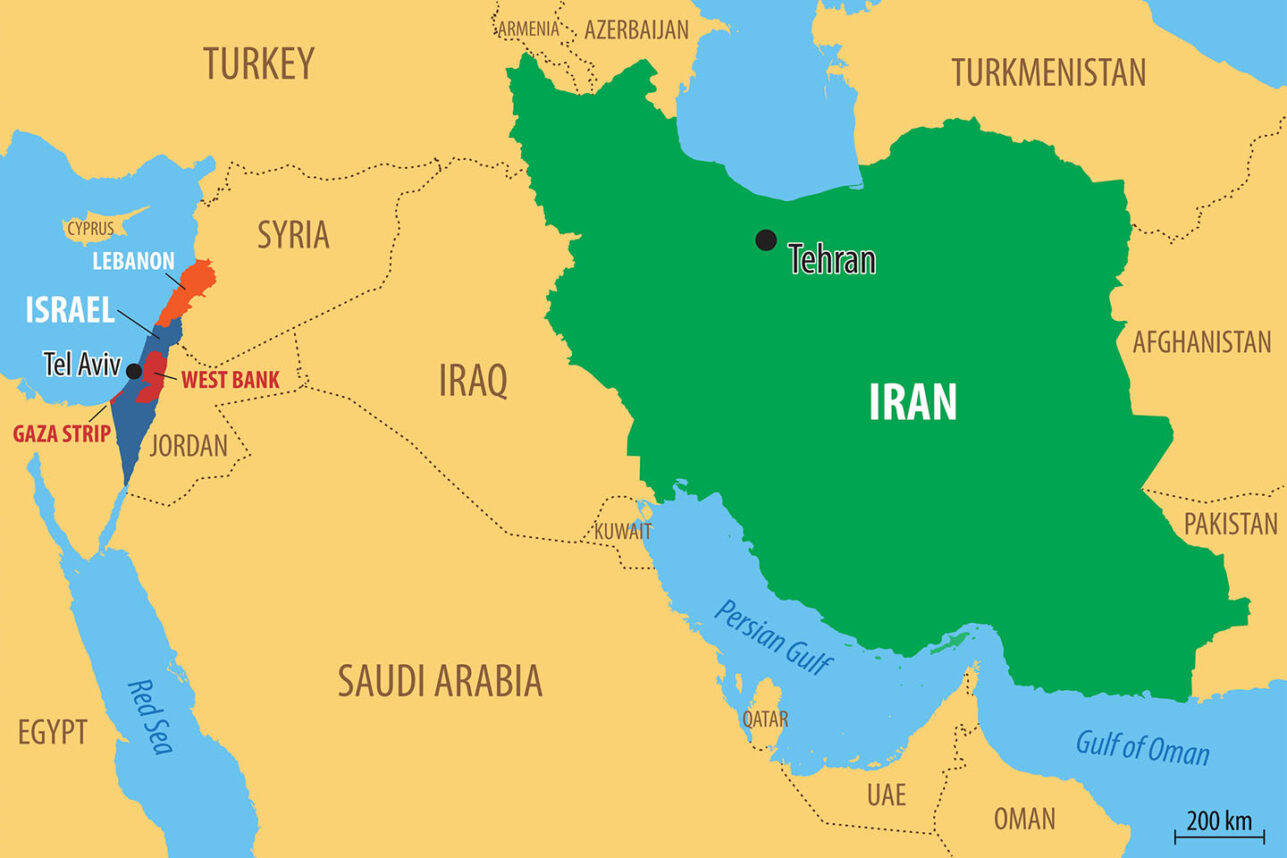
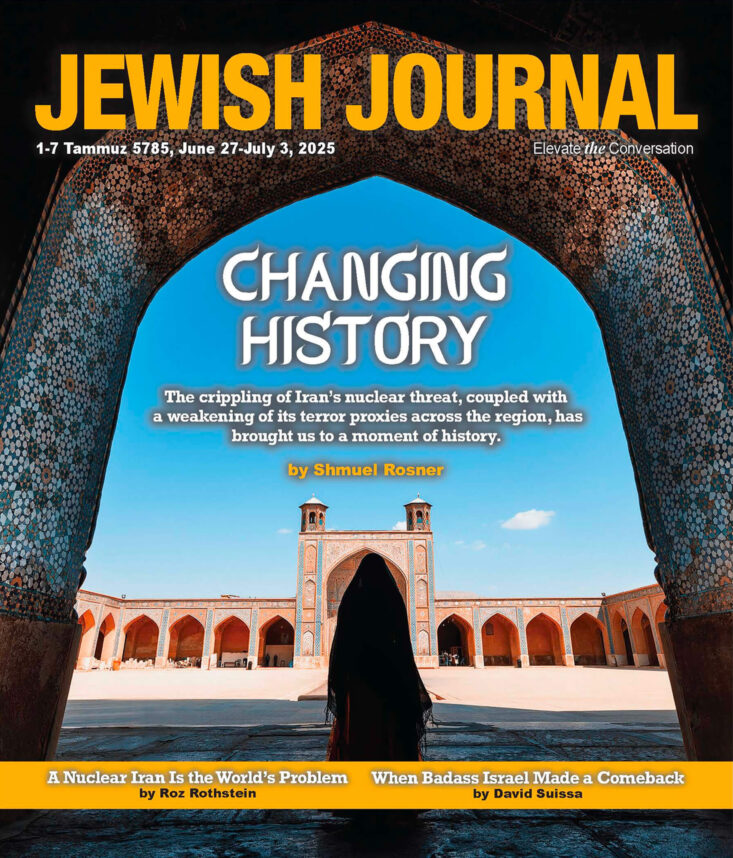
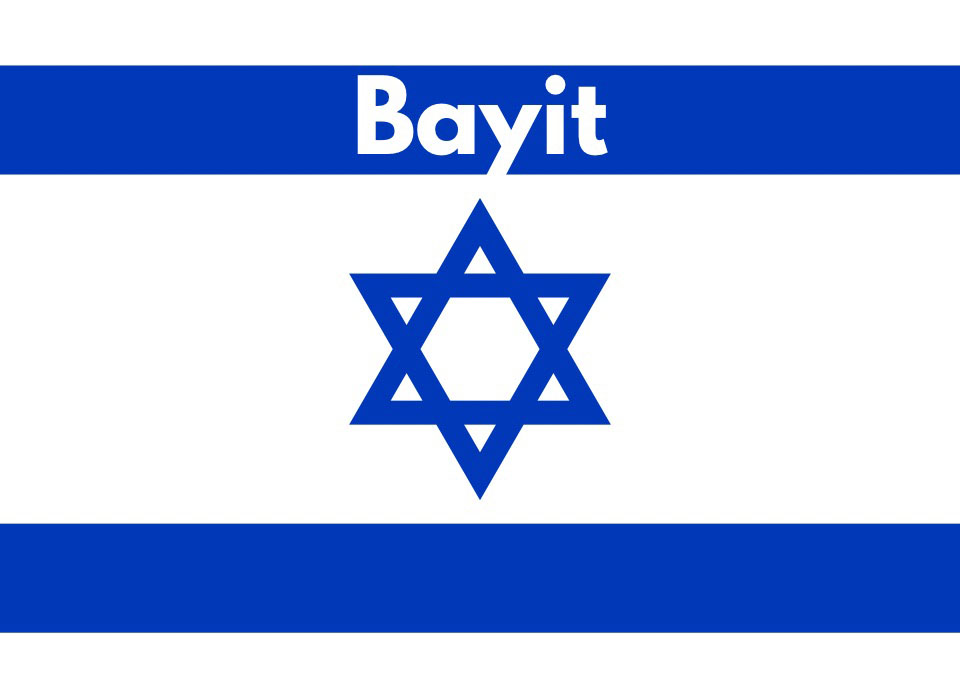
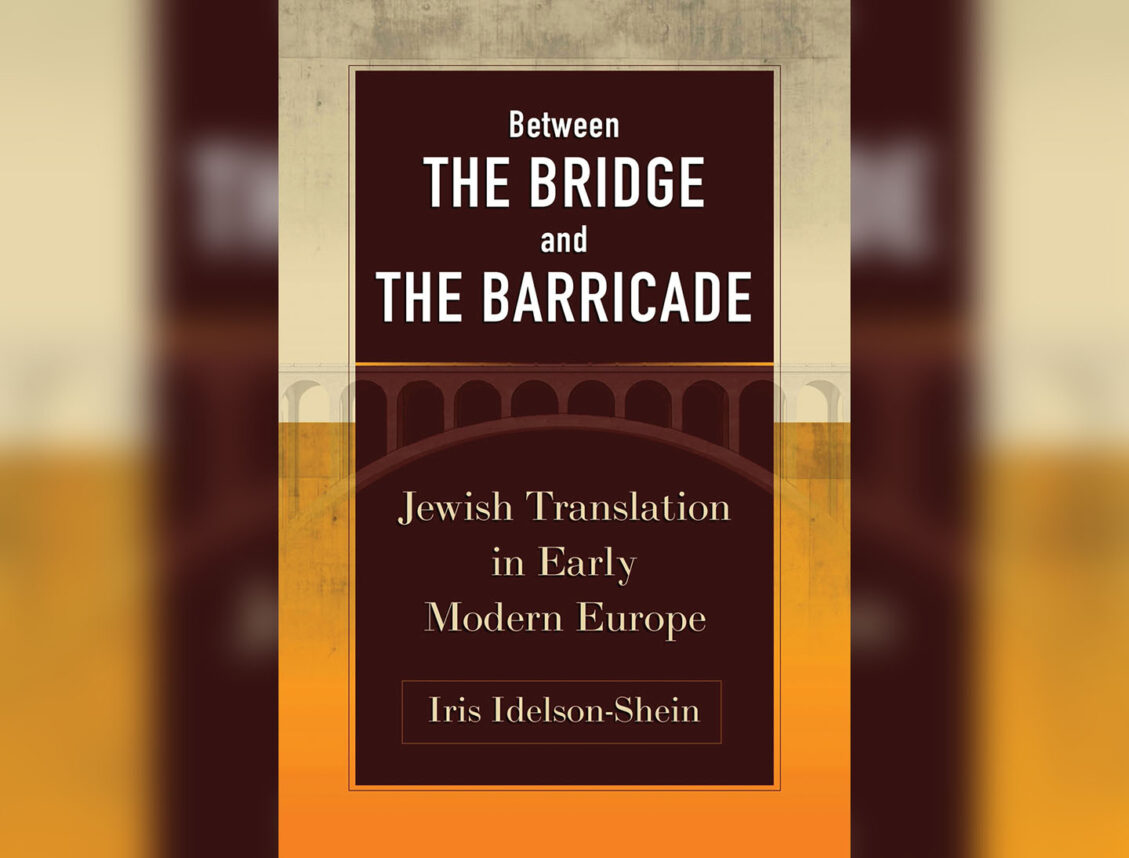
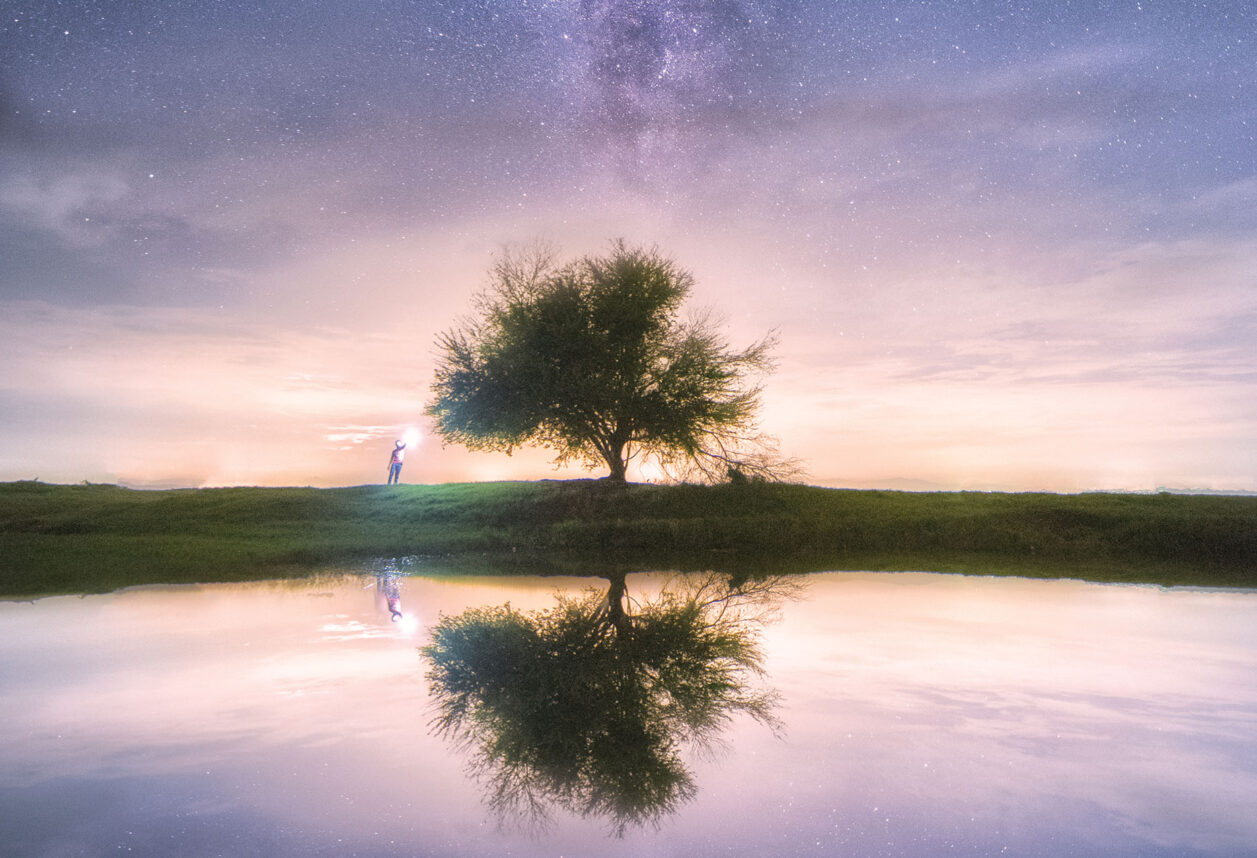
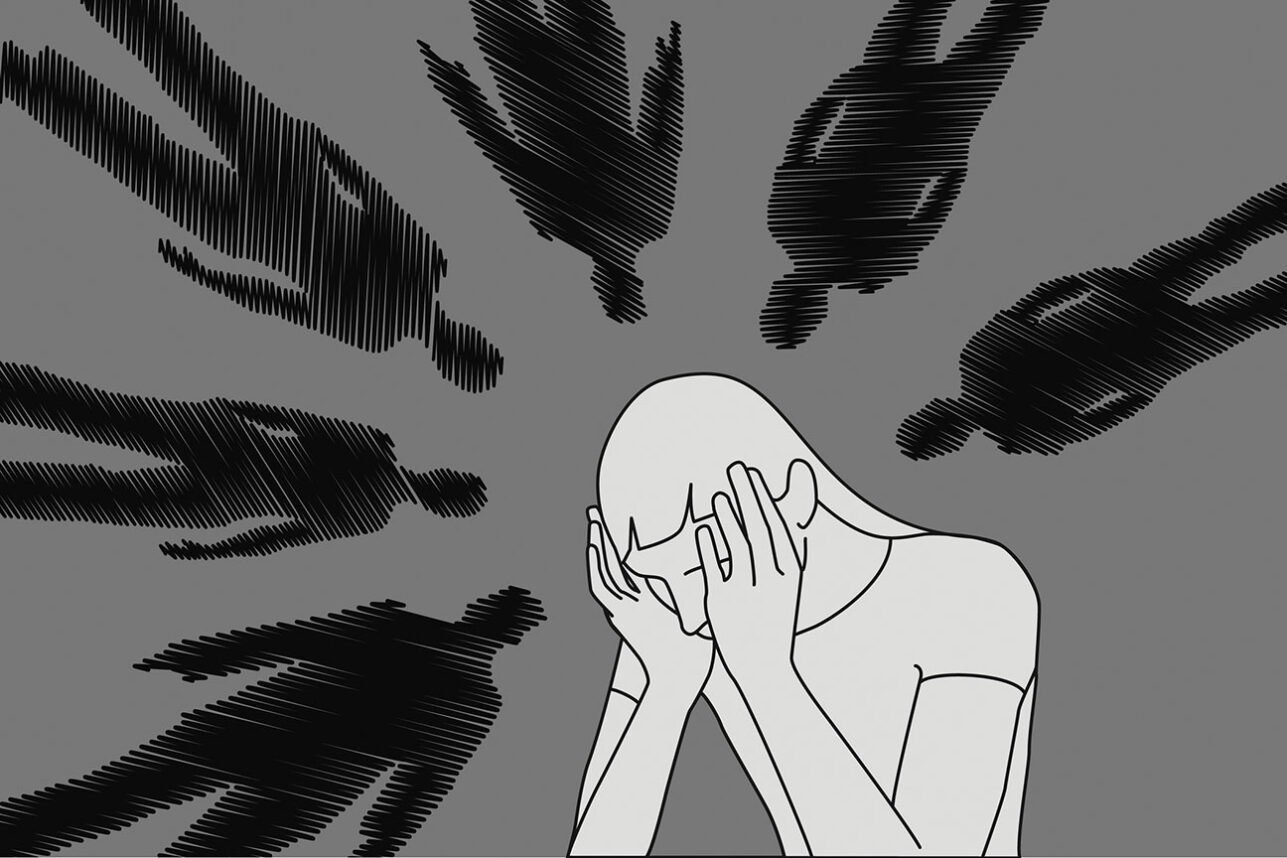
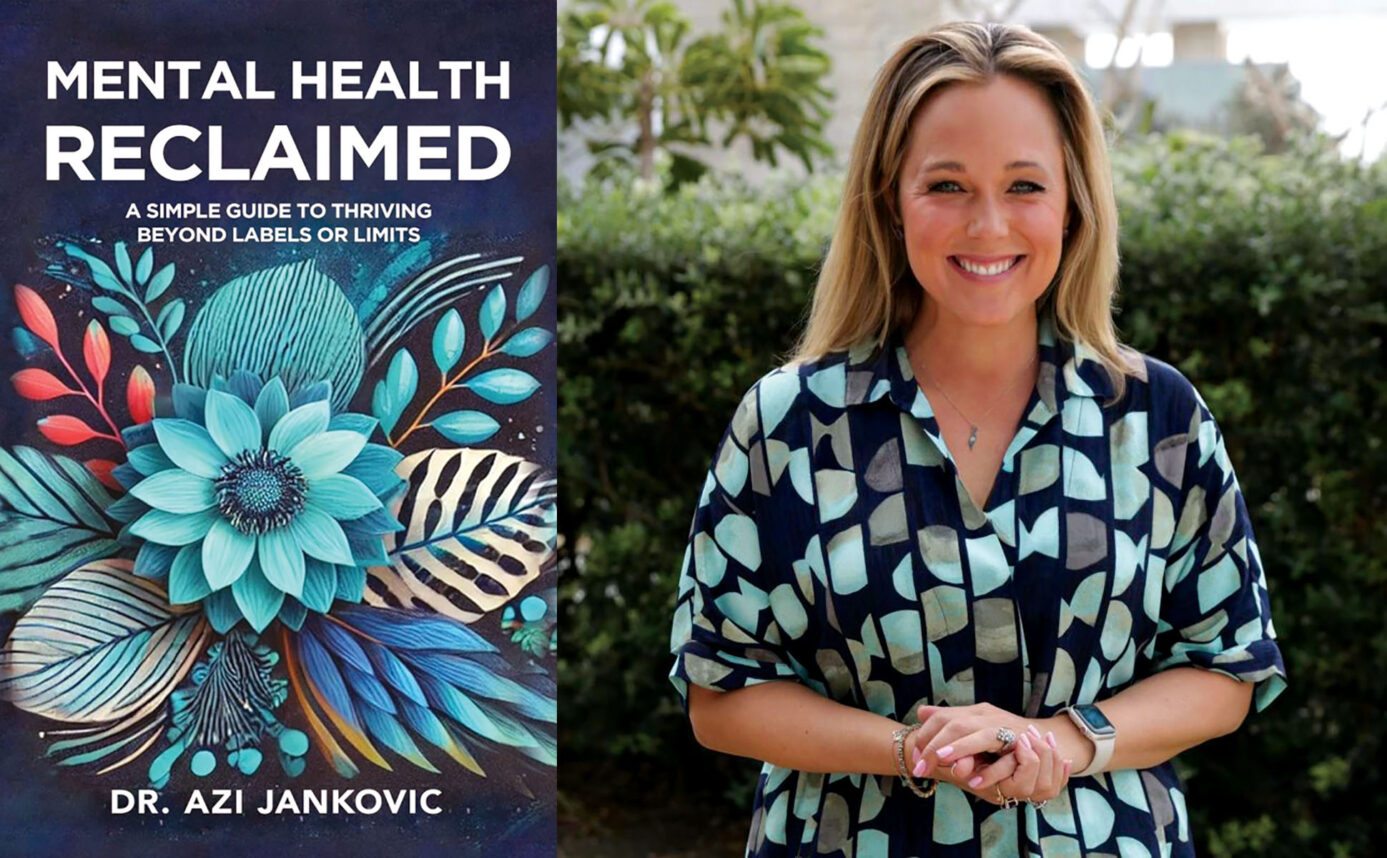
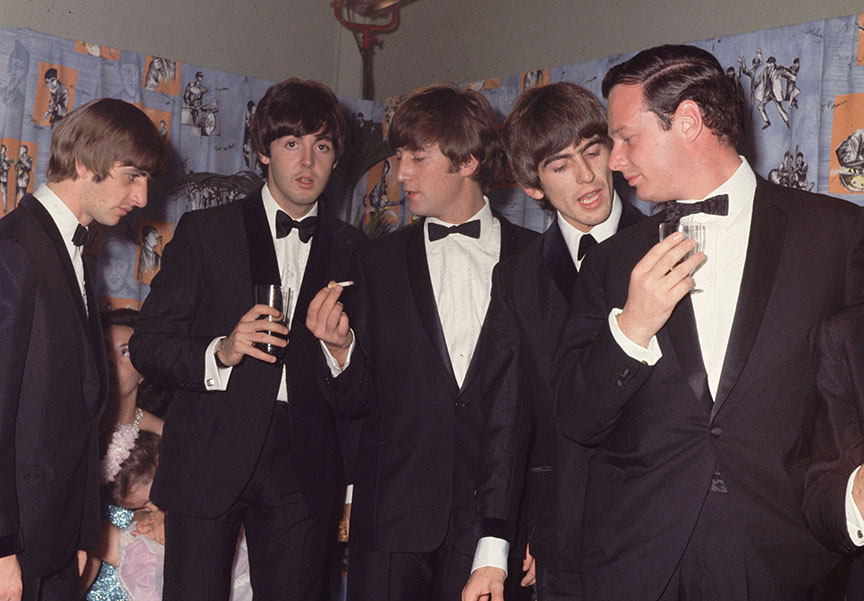



 More news and opinions than at a Shabbat dinner, right in your inbox.
More news and opinions than at a Shabbat dinner, right in your inbox.